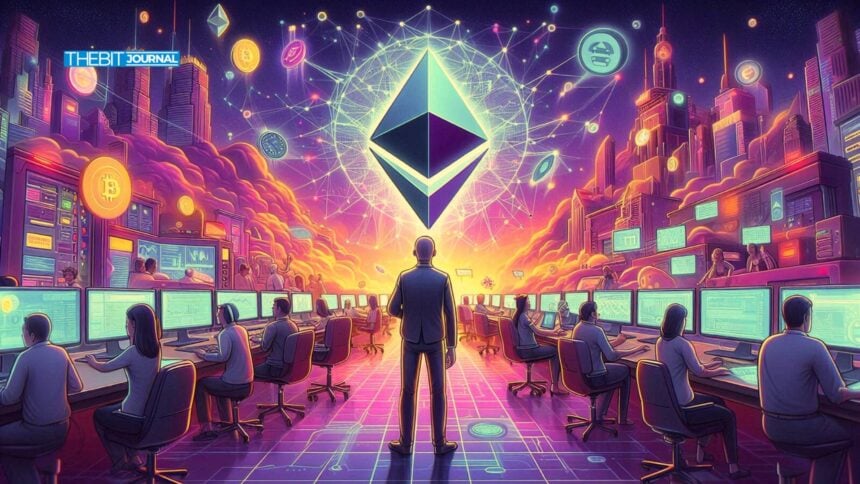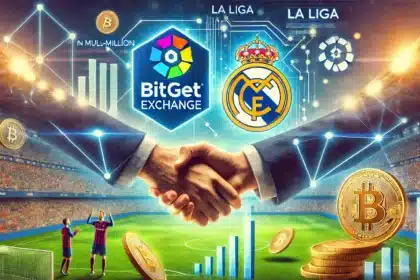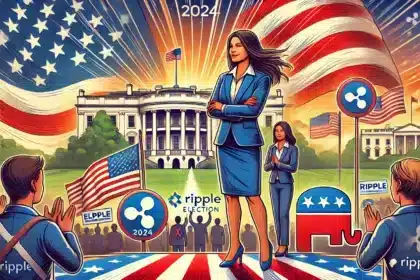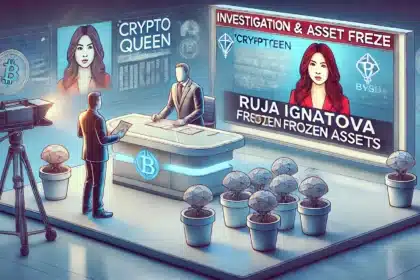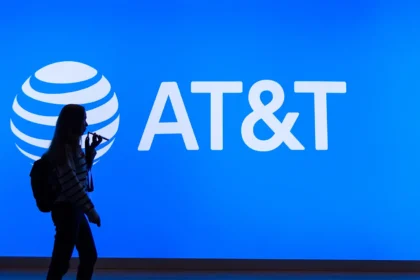Based on available reports, Ethereum developer Zak Cole has launched the Ethereum Community Foundation (ECF), an independent initiative to support Ethereum based projects that don’t issue new tokens and instead burn ETH. The goal is simple: help Ethereum maintain long term value by reducing supply and supporting infrastructure that aligns with the network’s monetary policy.
The announcement was made at the Ethereum Community Conference (EthCC) in Cannes, France. Cole says the ECF has already raised millions and will start making grants immediately.
No New Tokens, Just ETH Burns
What sets the Ethereum Community Foundation apart is its strict funding criteria. Projects must not launch new tokens, be immutable and have ETH burning features. This is building on Ethereum’s post-Merge deflationary model to strengthen ETH’s role as a store of value over time.
Cole calls this a necessary shift: instead of rewarding protocols that dilute value with too much token issuance, the ECF will support applications that reinforce ETH’s economic integrity.

The foundation’s first initiative is the Ethereum Validator Association (EVA), a program to give validators more input in protocol development. EVA will allow validators to signal preferences using their staked ETH and fund tools and infrastructure to help them remain decentralized and secure.
The goal is to rebalance the influence within the Ethereum ecosystem and make sure validators, who secure the network, have a stronger voice in the network’s future.
Real-World Asset Projects
In addition to validator support, the Ethereum Community Foundation will fund projects that bring real-world assets (RWAs) such as stocks, real estate, and bonds onto Ethereum. Cole sees these integrations as necessary for institutional adoption and a long term value driver for the Ethereum network.
There are already RWA projects on Ethereum but the ECF wants to accelerate adoption by providing clear and targeted funding for teams building compliant on-chain financial tools.
The foundation will also support public goods within the Ethereum ecosystem. One focus is fixing mispriced blob space in data availability layers, a technical issue that has become more important after the Dencun upgrade. Other grants may go to developer tools, privacy infrastructure or better client diversity. These aren’t sexy products, but they’re the kind of stuff that keeps Ethereum scalable, decentralized, and usable in the long term.
Community Voting and Transparency
Funding decisions at the Ethereum Community Foundation will be made through coin voting. ETH holders can vote on which projects get grants, so the broader community has a direct say in the direction of the network.
All treasury actions and grant allocations will be public. Cole says full transparency, not just in funding decisions but also in how each funded project meets its milestones.
Not the Ethereum Foundation, But Not in Conflict
While the Ethereum Foundation still oversees core protocol development and research, the Ethereum Community Foundation is carving out a more focused mission: funding projects that preserve ETH’s value and bring real utility to the network.

The ECF’s approach shows ongoing conversations in the Ethereum community about long-term sustainability. Rather than compete with the Ethereum Foundation, Cole says ECF will act as a complementary body that fills specific gaps, especially around validator representation and tokenless development models.
Conclusion
The Ethereum Community Foundation is here with clear goals: reduce ETH supply, avoid token inflation, empower validators, and fund projects that bring real economic use to Ethereum. With funding already secured and a transparent voting model in place, ECF is a serious set towards aligning incentives within the Ethereum ecosystem.
This is a direct response to concerns about dilution, centralization and lost focus.
Summary
Ethereum developer Zak Cole has launched the Ethereum Community Foundation to fund tokenless projects that burn ETH and support Ethereum’s long-term value. Announced at EthCC in Cannes, the foundation has raised millions and will allocate grants to projects that maintain immutability, improve validator infrastructure, and integrate real-world assets. The first program is the Ethereum Validator Association which gives validators more influence over protocol decisions. Grant funding will be decided through coin voting with full on-chain transparency.
FAQs
What is the Ethereum Community Foundation?
It’s a funding initiative created by Zak Cole to support tokenless Ethereum projects that reinforce ETH’s value and avoid inflation.
What does it mean to burn ETH?
Burning ETH means permanently removing it from circulation, reducing total supply and potentially increasing the value of remaining ETH.
What is the Ethereum Validator Association (EVA)?
EVA gives Ethereum validators a greater voice in protocol development and provides funding for infrastructure and tooling.
What is coin voting?
It’s a governance model where ETH holders vote on funding decisions proportionate to their holdings.
How is ECF different from the Ethereum Foundation?
The Ethereum Foundation focuses on research and core upgrades, ECF funds economic and validator projects with transparency.
Glossary
ETH Burn – Permanently removing ETH from circulation.
Validator – An entity that secures Ethereum by staking ETH and processing transactions.
Blob Space – Data availability storage was introduced in Ethereum’s recent scaling upgrades.
RWA (Real-World Asset) – Tokenized versions of traditional financial assets like stocks or bonds.
Coin Voting – ETH holders voting on grant and treasury decisions.
Sources



